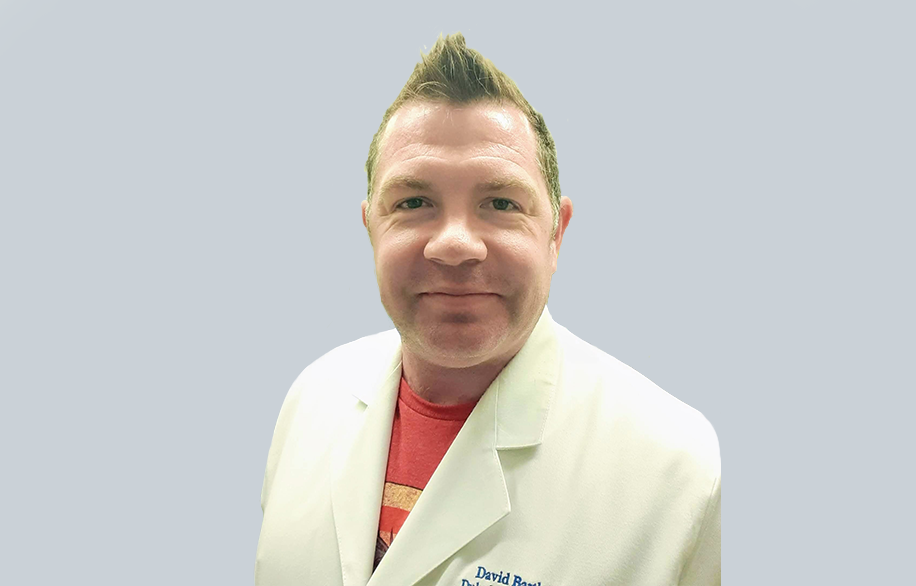Dr David Bartlett - Senior Lecturer of Exercise Immunology
School of Biosciences and Medicine, University of Surrey and Adjunct Assistant Professor at Duke University, North Carolina
Main stage panellist
Dr Bartlett received his PhD in Immunology from the University of Birmingham. His doctoral research focused on the effects of physical activity and exercise on the ageing immune system and systemic inflammation. Following his PhD, he completed postdoctoral work in Cancer Metabolism.
He was awarded a prestigious EU Marie Curie Outgoing Fellowship, which enabled him to undertake research at Duke University Medical School. There, he investigated the impact of high-intensity interval training in older adults with prediabetes or rheumatoid arthritis. His faculty appointment at Duke University Medical School saw him leading research into the effects of exercise on the immune system in patients with cancer.
Dr Bartlett is highly regarded for his expertise in the response of immune cells to exercise and energy balance modification. His research spans populations such as the elderly, cancer patients, individuals with arthritis, and those with diabetes. He seeks to understand the mechanisms by which exercise training modifies immune functions, aiming to develop therapeutic interventions and personalised exercise prescriptions. He is also noted for translational research, taking discoveries from laboratory “bench” to clinical care “bedside”.
- Principal Investigator on multiple projects exploring the biological mechanisms by which exercise benefits individuals with chronic disease.
- Significant research on immunosenescence, the ageing of the immune system, and how regular physical activity may delay its onset.
- Champion of prehabilitation – optimising patient outcomes through lifestyle and exercise interventions prior to cancer therapy.
Dr Bartlett supervises several PhD students working on topics ranging from frailty in leukaemia patients and exercise during chemotherapy.
Dr Bartlett’s dedication to exercise immunology has established him as a key figure in using exercise prescription to improve immune health in clinical populations, enhancing both patient care and scientific understanding of chronic diseases.
